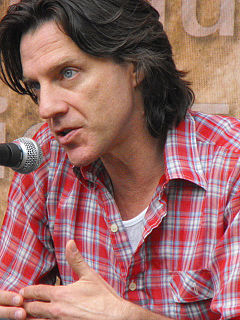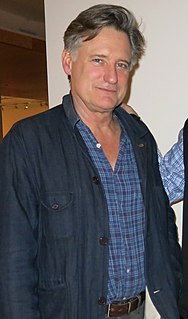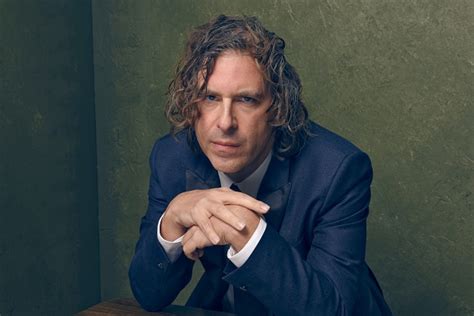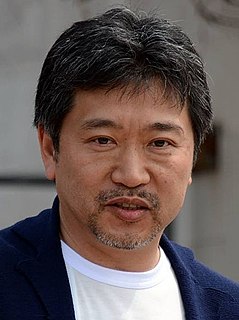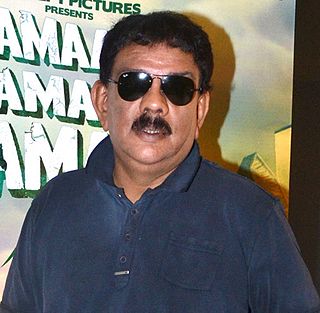A Quote by James Marsh
I've always worked very efficiently on small budgets, both in documentaries and in features.
Quote Topics
Related Quotes
I started in documentaries. I started alone with a camera. Alone. Totally alone. Shooting, editing short documentaries for a French-Canadian part of CBC. So to deal with the camera alone, to approach reality alone, meant so much. I made a few dozen small documentaries, and that was the birth of a way to approach reality with a camera.
